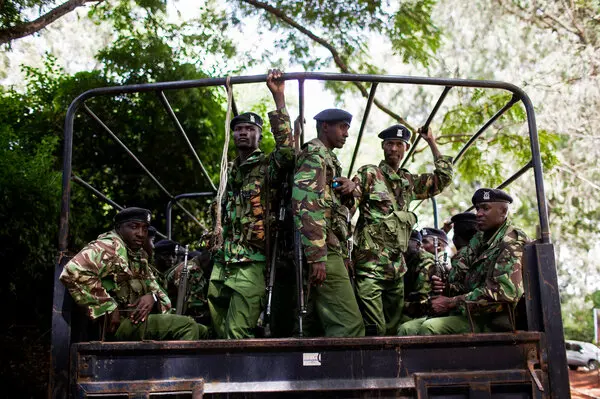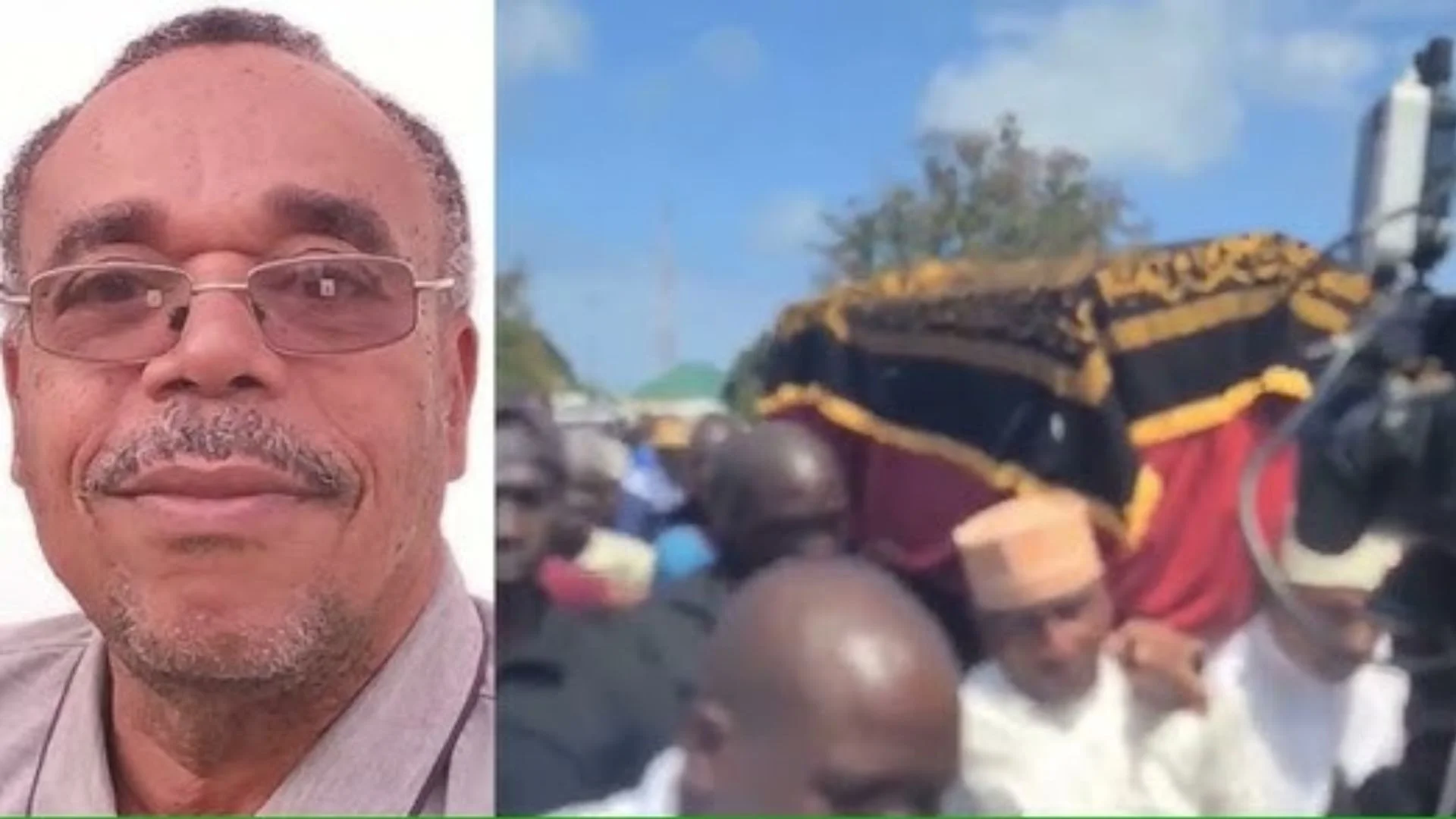The Kenyan High Court has blocked the government from deploying police officers to fight gangs in Haiti.
The judge argued that the deployment would be illegal as the National Security Council lacks the legal authority to send police outside Kenya.
He added that the council can only deploy armed forces for peacekeeping missions such as Haiti.
Last year, Kenya had volunteered to lead a multinational security force in Haiti to quell gang violence.
The judge further explained that Kenyan law only allows the government to deploy police officers to another country if a reciprocal agreement exists between Kenya and the host nation.
Haitian Prime Minister Ariel Henry last year asked the UN to urgently deploy a multinational force.
He said his government had been overwhelmed by gangs who controlled 80% of the capital, Port-au-Prince.
The UN Security Council backed Kenya’s offer to lead the force and Kenyan lawmakers went on to approve the deployment.
Ekuru Aukot, an opposition leader who brought the case, said this was a win for Kenya and that the country could not afford to spare officers before tackling its own security challenges.
Mr Aukot added that President William Ruto was only using the deployment to prop up his international image and seek favour with Western countries like the US.
President Ruto said Kenya has an “impressive record” of participating in peace support missions around the world.
He added that the deployment would enable officers to improve and sharpen their skills and experience in providing security.
The suitability of Kenyan police for the deployment had raised concerns over possible human rights violations.
Nicole Widdersheim, deputy Washington director at Human Rights Watch, told the BBC they had documented Kenyan police violence, including murders, since 2013.
She added that there has been a long history of international armed intervention in Haiti really doing “a lot of terrible things”.
The Kenyan government has denied any allegations of human rights violations by its officers.
Prior to the ruling, a police officer who spoke to the BBC anonymously said that they had already received two months of intensive training.
He added that the courses varied from weapon handling, lessons on international law and the topography of Haiti.
Source : BBC




